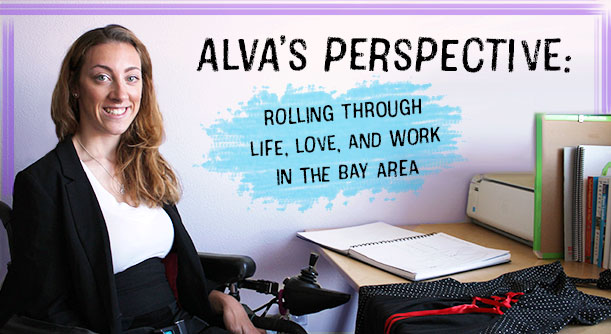Curiosity Doesn’t Always Kill The Cat (or Child)
January 15th, 2014
by Alva Gardner
I just got back from lunch with my godfather, J, and he shared a very heartwarming and inspirational story with me. I would like to now share it with you, as I think the underlying message is an important one to remember and continue to spread to others. Here’s the story:
J takes care of his friend’s son, Z, several times a week. Z is five years old and is in an afterschool program with other kids his age. During an evening family night at his school, there had been a station set up where kids could make their own cards to give to other people. Z sat down and started making a card for his friend N asking if he wanted to have a play date; Z’s parents and J had heard N’s name mentioned before, but didn’t know exactly who he was. The next day, his parents received a phone call from N’s mother. She told them that N had never been asked to have a play date before and that he was so excited that Z had asked for one. This story would be sweet all on its own, but what makes it especially heartwarming is the fact that N uses a wheelchair.
Now, I share this story with you not because it should ignite some kind of awe-inspiring reaction in you. But rather to remind you, as it reminded me, that our actions affect other people even when we don’t intend them to. I have spent a decent amount of time with Z over the last few months, talking to him, playing with him, and giving him the occasional ride on my wheelchair, while never giving him the explicit message “people in wheelchairs are people too”. I think it is important, especially with young children, to allow disability to be a natural part of the conversation and teaching process. Kids are very inquisitive creatures; they like to explore, ask questions, and take in the world with nonjudgmental curiosity. For adults with disabilities, and able-bodied adults for that matter, it is crucial to foster this nonjudgmental curiosity and answer questions in the understandable and truthful ways.
There is an unfortunate practice in our society that teaches little kids not to stare, ask questions of, or really even interact with people who are different than them. I have found this to be especially true as someone who uses a wheelchair. More times than I can count, I have rolled down the sidewalks of Berkeley (home of the Disability Rights’ Movement, as well as home to the biggest population of people with disabilities in the world) and have had parents snatch their small children out of my way as I pass by. I always try to remind myself that these parents are not intentionally harming their children’s view of people with disabilities; that they are honestly trying to be helpful to me while keeping his or her child safe. The reality, however, is that these children are being taught to be afraid of people in wheelchairs.
One of my favorite things, despite some people’s assumption that this might be annoying, is having little kids come up to me and start exploring and asking questions about my wheelchair. This gives me the opportunity to not only educate kids about disability, but do it in the way that subconsciously shows that I am a person, just like them. A wheelchair, then, has the opportunity to ignite and foster curiosity, wonder, and excitement, instead of the fear and danger it is assumed to possess.
Sometimes, it can be frustrating as someone with a disability to feel like I am responsible for teaching the entire able-bodied community about disability and etiquette. Many times I have felt like I am one person who comes to represent an entire category of people; if I happen to get annoyed at someone for their lack of awareness, it is assumed that all people with disabilities are easily annoyed. Despite one’s best intentions, it can be difficult to not let situations like this make you into a bitter and resentful person. Whenever I find myself in situations where I am frustrated by able-bodied adults’ lack of awareness and respect for disability, I try to remember kids like Z and how the lessons of acceptance get paid forward everyday.




This is such a positive, inspiring post Alva! It is really refreshing and something I hadn’t really thought about before. Thanks for sharing this story and helping me be more conscious of and creative with how I can interact with children around disability.
Posted on January 16th, 2014
Alva, your column rocks! This story and your insightful comments have brightened my day, and have reminded me of the importance of seeing the light in others.
Children do remind us of who we, as adults, might become again, free and open.
Thanks for doing you!
Posted on January 16th, 2014
well done alva. concise and touching.
Posted on January 17th, 2014
Thanks Clayton!!!!
Posted on January 17th, 2014
Excellent post, entertaining and informative.
Posted on January 19th, 2014
Great post, Alva. Super well written and thoughtful.
Posted on January 23rd, 2014
YES. I loved this post and can’t agree more with your perspectives. Sending you a big hug from Santiago!
Posted on January 28th, 2014
Leave a Comment